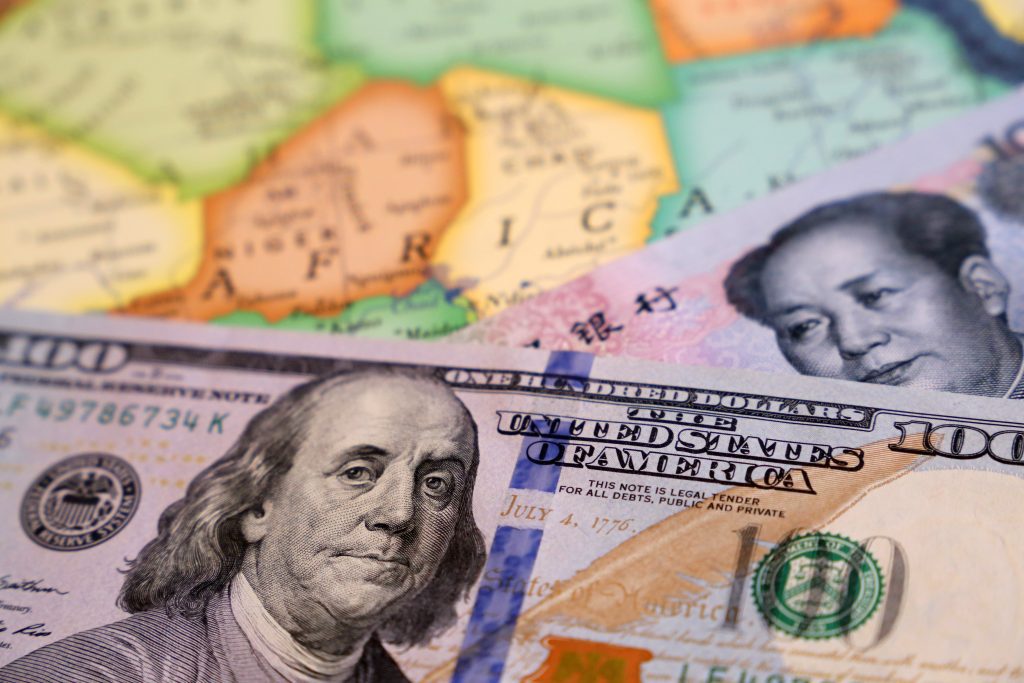Global Courant 2023-04-26 04:46:57
Many indebted African countries will have successfully restructured their most unaffordable loans by 2024 and will be better able to raise a new wave of sustainable capital through private investment by 2024, says a new report of the special intelligence agency Pangea Risk.
The report states that debt transparency, sound fiscal and monetary governance and open bilateral relations with creditors are key political indicators of effective debt treatments, while multilateral debt relief initiatives, such as the G-20 common framework, fail African countries.
Angola is cited as an example of the model for African countries seeking a way out of debt, while Zambia and Mozambique provide worst case examples.
The authors predict that at least three major African sovereigns will successfully restructure their debt in 2023 to avoid a default scenario by 2024. obligations,” they write.
Kenya and Ghana are expected to deliver successful debt restructuring through extended maturities of foreign currency liabilities, domestic loan swaps in exchange for concessional financing and limited haircuts for some bondholders.
In the case of Nigeria, an external restructuring is considered unlikely, but a domestic debt swap is said to be on the cards, despite concerns over its legality.
“African governments that undergo managed debt treatments this year to return their loans to sustainability will be better placed to benefit from impact investments in years to come,” the authors said.
Bringing in investments
According to the African Development Bank, Africa is facing a funding shortfall infrastructure of $100 billion per year.
The return to financial stability will be a positive development as Africa prepares for a record amount of climate finance and other impact investments, which will be channeled into frameworks such as the United Nations Global Climate Fund (GCF), other climate investment funds and development funds. financial institutions, the report says.
But African countries also need to strengthen the policy environment to ensure more private sector investment, “particularly sticky foreign direct investment (FDI)” warn the authors.
“For infrastructure projects that are not suitable for private investment, governments with a credible investment program that addresses environmental and social challenges will be best positioned to tap an incremental pool of capital from sustainability and impact-oriented investors” , they add.
Mechanisms that let African countries down
The authors criticize the “often unaffordable credit ratings imposed on many ailing sovereigns”. These, they say, “restrict climate finance activities and other development finance in these countries”.
“Credit ratings have constrained private financing and development finance in many countries should be more reflective of the local sovereign debt situation, political climate and efforts to improve debt sustainability,” the report said.
The authors argue that managed debt restructuring should be encouraged by creditors and prospective investors, rather than disavowed by rating agencies.
Multilateral debt treatment mechanisms such as those of the G20 common framework have shown “little value in offering debt relief outside the Paris Club and should be reformed to address the more complex debt profiles of African countries,” they argue.
The report finds that African sovereign debt that has successfully undergone managed debt treatment coordinated by multiple stakeholders, such as Angola, will better benefit from private sector investment, including sustainability and impact investors.
Angola’s way out of the debt crisis is a model for others
For Pangea Risk, Angola’s debt treatment and IMF program have provided a valuable model for other indebted African and emerging markets countries, while Mozambique’s ongoing debt crisis is a worst case example.
“Angola’s 2020 debt rescheduling agreement with Chinese creditors, participation in the DSSI scheme and the concurrent IMF program provided the credit support and policy anchoring needed to help the oil-producing country out of a five-year recession by 2021 and on its way to economic recovery in 2023 .” the report said.
In contrast, multiple debt restructurings in Mozambique since the outbreak of the debt crisis in 2017 have been “reactive and often chaotic, giving bondholders little reprieve”, a course the authors see in other “messy defaults” such as Zambia’s. .
In the case of Mozambique, “(weak) state institutions, lack of fiscal transparency and poor debt management are at the root of unstable creditor relationships and slow progress in debt restructuring agreements,” the report said.
Related articles








